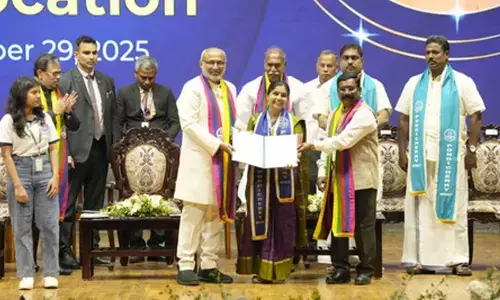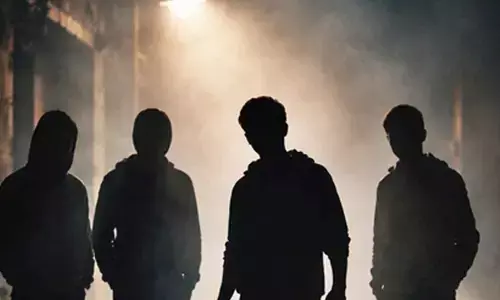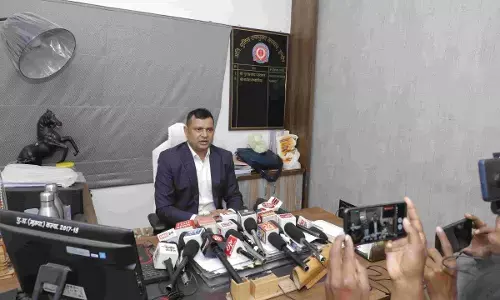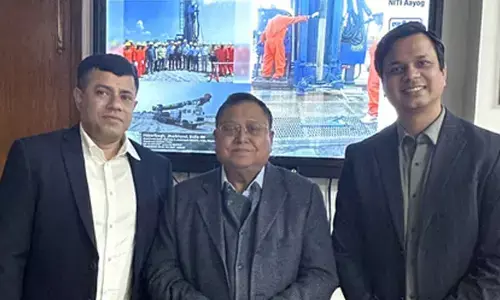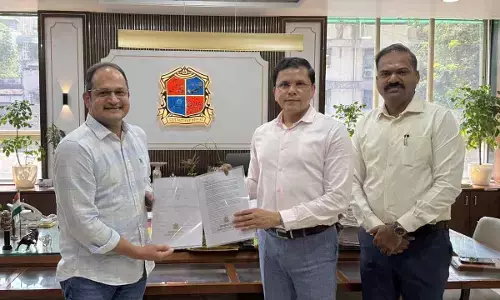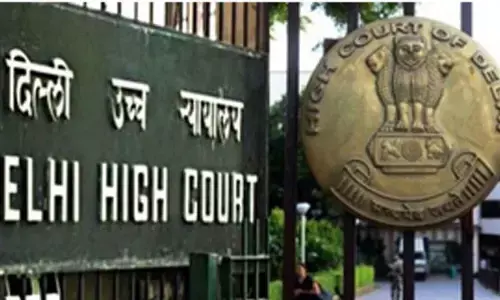Anantapur: SP Fakirappa asks net users not to click on strange links
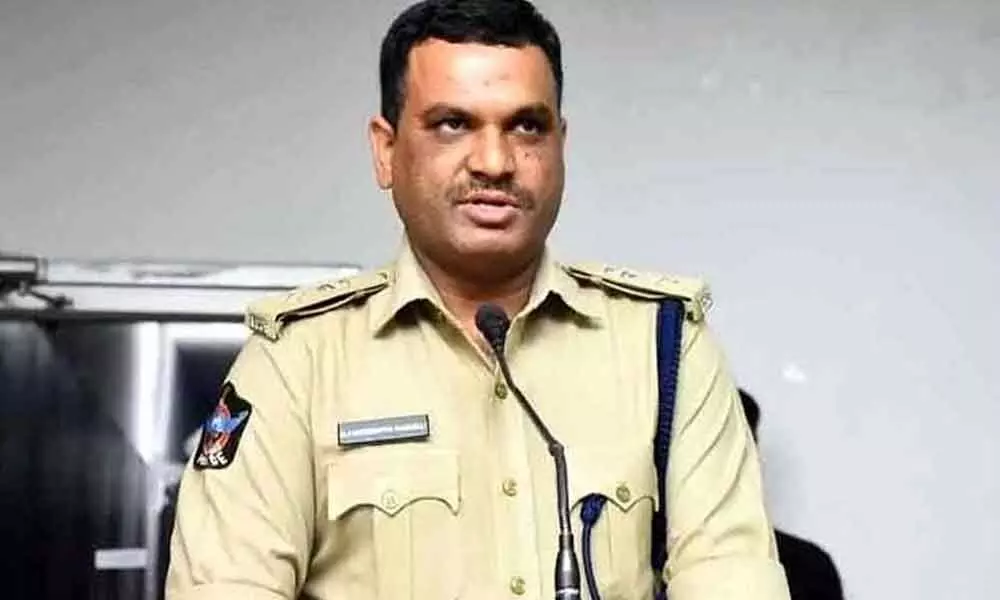
Superintendent of Police Dr K Fakirappa
Fakirappa says the hackers have developed ingenious methods using unique and complex arrays of cyberattacks to outwit security systems
Anantapur: With the development of technology and the advancement of widespread use of internet, cybercrime has become a real threat to society. Information Technology Act-2000 was introduced to recognise, mitigate and prevent these threats, stated Superintendent of Police Dr K Fakirappa. Speaking at a seminar at YVSR Engineering College, Dr Fakirappa said hacking has become very common these days and cybercrime in India is exponentially rising. In recent times, he said the hackers have developed ingenious methods using unique and complex arrays of cyberattacks to outwit security systems.
They can be seen gaining sensitive financial information of individuals from banking servers or personal devices of an individual. For example, he said the hacker sends an email to the victim claiming to be a trusted sender (such as a bank or online shop) or set up a fake website that claims to be genuine. The hacker may also attach a banking trojan to the email. Once the victim downloads and opens it, the Trojan steals activities and information, he added.
In another method, hackers first purchasing real account information in bulk amounts from the dark web and then re-targeting those accounts using phishing emails. "In such phishing emails, the disguised hackers request the victim to follow some simple procedures on a web page, which has been set up by the hackers to deliberately steal login information and other important credentials, the SP revealed.
Fakirappa maintained that hackers embed the fake applications with banking trojans, such as the bank bots Cabaret Pink Slip, which intend to attack banks and stock brokerage firms to facilitate hacking operations. This malware uses an active directory attack to lockdown users with multiple login attempts. These bots and trojans are focused on stealing money from victim bank accounts.
Speaking on the modus operandi of cybercrime, college principal Dr Suresh revealed that hackers also employ what is known as macro malware which is developed using programmes such as the VB Script programming language used for MS-Word and MS-Excel. Legitimate-looking files are usually sent via phishing emails that contain malware-infected attachments such as cover letter reports by job seekers in the form of CVs and MS Word files.
Even any advanced antivirus programmes not easily detect macro viruses. So, hackers are staying ahead of the game. Malware can comfortably hide within a system for long periods of time which gives hackers enough time to infect users' systems. Using free Wi-Fi is like requesting hackers to invade privacy. User data is shared by a person on the Internet can be intercepted by a hacker. This includes valuable personal data, such as usernames/passwords for online bank accounts.
In fact, a user would find it difficult to differentiate between free Wi-Fi provided by an authorised agency and one installed by a hacker. Because of this, many banks have started using two-factor-authentication methods to keep their transactions secure. However, there are some advanced trojans, which can circumvent these security measures. One such Trojan, Bankbot, mimics real banking applications to steal the login details of users. Additionally, users should never click on suspicious links within an email that may hold genuine information claims and abstain from sharing personal details on social media.
Woman injured in stabbing attack in Tokyo, suspect at large
Bengal cop booked for murder over mysterious death of woman home guard, SIT to probe case
Staffer recalls horror of 7-kg gold robbery by armed gang in Karnataka’s Hunsur
25-Year-Old Airline Cabin Crew Member Dies At Gurugram Party; Police Begin Investigation








